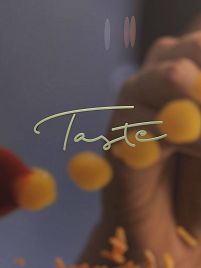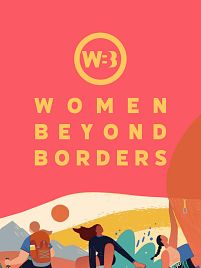Elaborately masked dancers have carried on an age-old Bulgarian carnival tradition, passed down from generation to generation, in the belief that it helps ward off evil spirits.
The Surva festival is the culmination of traditional winter festivities that date back to pagan times.
Every winter, in the villages of the Balkan country, men, women and children dress up for the festival in sometimes strange costumes and wear masks designed to be as scary as possible.
The Kukeri, or mummers, dance in the streets, around campfires and in houses, shaking loud brass bells in the hope of bringing health and fertility in anticipation of the coming spring.
Usually the procession passes through the village and stops at each house where the hosts offer them some food and small gifts. But due to pandemic restrictions, this year the dancers were only allowed to enter the courtyard.
The costumes are made of sheepskin or goatskin, with fur on the outside and cow or sheep bells around the waist.
The masks are usually made of wood and represent goats, rams or bulls, or mythical creatures.
Some masks have two faces, an evil one in the front and a good one in the back, symbolising the relationship between good and evil.
Similar pre-spring rituals can be found in other parts of the Balkan region, notably in Romania and Serbia.


















